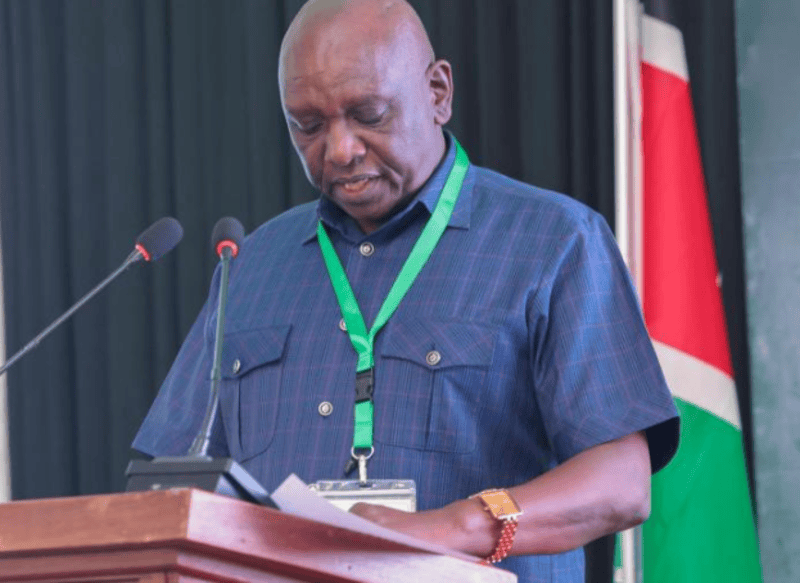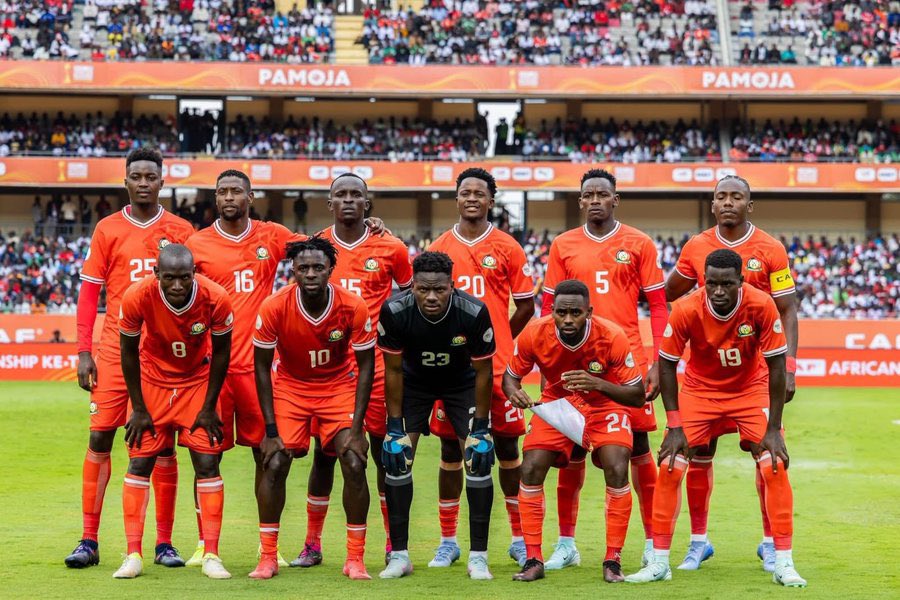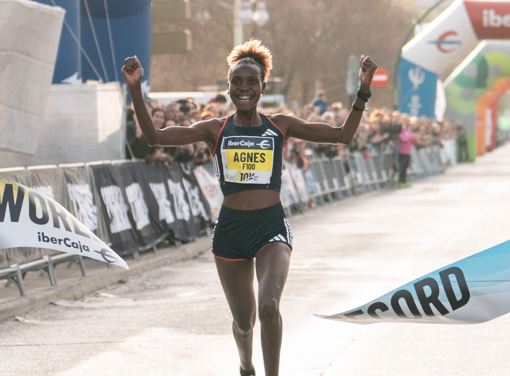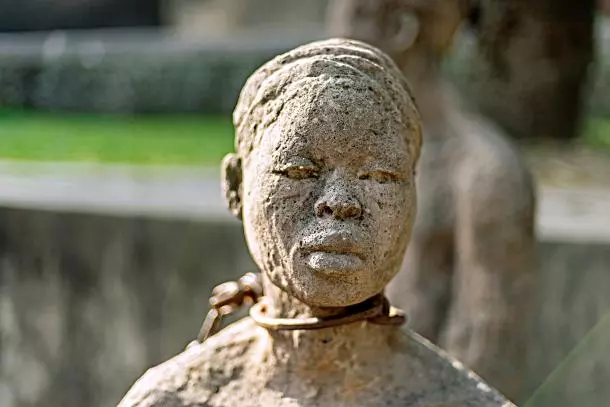Court rejects petition to stop Murkomen's shoot-to-kill order
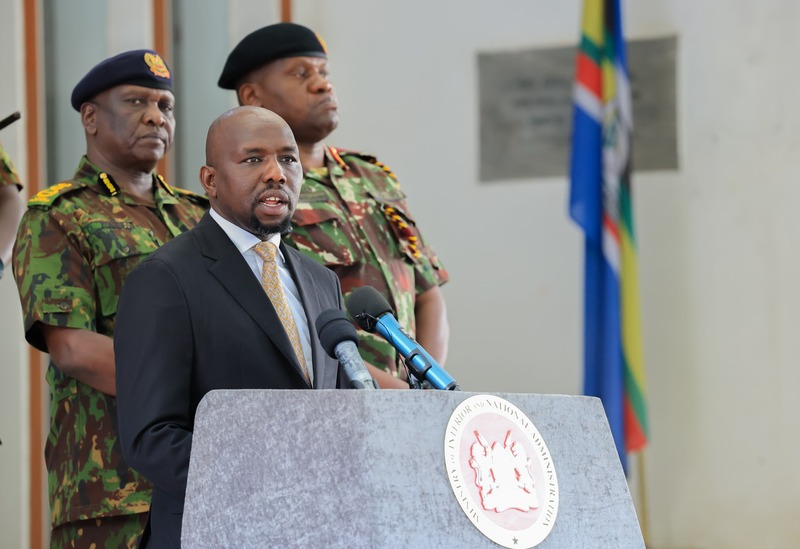
The court found no concrete proof that police have followed this order during recent demonstrations.
The High Court has turned down a petition seeking to stop Interior Cabinet Secretary Kipchumba Murkomen’s directive that calls for police to shoot violent protesters who approach police stations.
The court found no concrete proof that police have followed this order during recent demonstrations.
More To Read
- IG Kanja quashes arrest speculation surrounding Gachagua’s arrival
- Police ready to handle potential unrest as Gachagua returns from US, Murkomen assures
- Murkomen: Chiefs to receive pay rise, firearms training in fresh welfare reforms
- BBC responds to Murkomen’s allegations over Mai Mahiu documentary
- Showdown looms as former DP Rigathi Gachagua cuts short US tour
- 10 Kenyans died in police custody in last five months, Murkomen tells MPs
Justice Lawrence Mugambi noted that the court cannot act on assumptions or fears without clear evidence. He questioned whether there was any proof that police officers were carrying out the instructions attributed to the CS.
“If we were to give orders, then we need evidence that the police were executing the directives. Police are guided by statute, which outlines who is in charge of operations, and by the Constitution, which defines the functions of the Cabinet Secretary. Is there evidence the directives are being implemented?” he asked.
The judge dismissed the application for conservatory orders brought by the Gema Watho Association, a lawyers’ lobby group that had argued the directive could lead to violations of fundamental rights.
He explained that courts should only intervene when there is an actual or impending breach of the law. “The court cannot make orders in vain; it can only issue orders to stop a violation or an intended violation,” Justice Mugambi said.
The court also pointed out that the National Police Service had not yet provided its stance on the directive, leaving a key question unanswered.
The Gema Watho Association had warned that the directive issued by CS Murkomen risked inciting police to use excessive force during protests, threatening the Bill of Rights.
The case originated after the CS was reported to have instructed police at a public event in Kikuyu town to open fire on anyone who approached police stations and to defend themselves if attacked.
The lobby group expressed concerns that such remarks could encourage officers to ignore legal limits on the use of force, potentially putting civilians in danger.
The court’s decision means the directive remains in place for now, but the case will continue as the court awaits more information from the police on whether the order is being followed.
Top Stories Today

